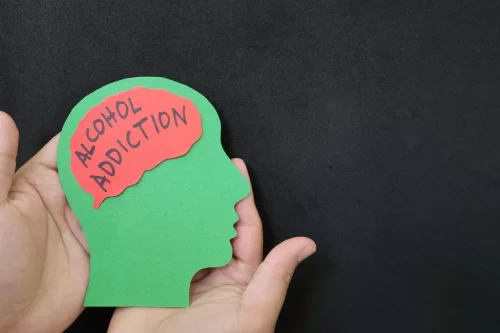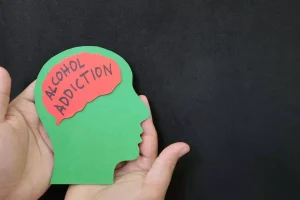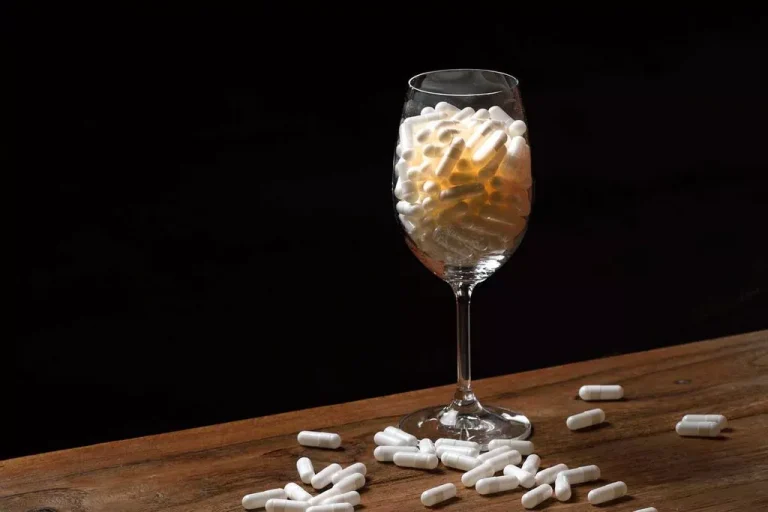What Does Alcohol Do to Your Body? Benefits & Risks

Drinking water before, during, and after alcohol consumption can help prevent dehydration. Water can help replace lost fluids, maintain electrolyte balance, and aid kidney function. For example, exercising while drinking can lead to greater dehydration due to increased sweating. Similarly, taking certain medications, such as diuretics or antihistamines, can exacerbate alcohol’s dehydrating effects. Although we can’t fully prevent dehydration that accompanies drinking alcohol, we can take steps to help our body process the alcohol and lessen the effects of dehydration. Let’s review some things we can do before drinking alcohol to prevent severe dehydration.
- You can usually manage mild cases of dehydration by drinking more fluids that don’t contain alcohol.
- Sodium is an electrolyte mineral found in many foods, and most people obtain adequate amounts from table salt.
- Each trial was undertaken in a counter balanced cross-over design and participants were randomly allocated to a treatment group.
- Contrary to popular belief, alternating alcoholic drinks and water will not help you avoid dehydration.
Alcohol and your body: What happens

Some of us are more resilient to the effects of alcohol than others, but we should all know our limits. Moderating your intake of the beverages listed above and drinking plenty of water can help prevent dehydration. Listening to your body and learning to recognize signs of dehydration can also be beneficial. Alcoholic beverages, including beer, wine, and liquor, can change your body’s fluid balance by reducing the secretion of vasopressin, a hormone involved in the regulation of urine output (6, 7, 8, 9). While these drinks don’t cause dehydration, large amounts may increase urine production. Cold carbonated drinks may be more thirst-quenching, potentially causing you to drink less water.
- The current EFSA dietary references values for water intakes for male adults is 2.5 L/day 3.
- To prevent dehydration, drink plenty of fluids and eat foods high in water such as fruits and vegetables.
- But once you introduce alcohol into your system, you urinate more, and the mechanism that normally prevents excessive urination—anti-diuretic hormone—is inhibited, which can lead to dehydration.
- Some people may react to the tannins in wine, while others are sensitive to ethanol, the chemical found in alcohol that causes vasodilation, or the dilation of blood vessels.
Health Categories to Explore

It can also cause muscle cramps due to an imbalance of electrolytes in the body, such as sodium, potassium, and magnesium, which are essential for proper muscle function. Other lifestyle factors, such as exercise, climate, and medication use, can also impact alcohol’s dehydrating effects. Severe dehydration can cause feelings of dizziness, the appearance of sunken eyes, fainting spells, increased heart rate, and even loss of consciousness. However, water might build up in other areas as our body tries to hold onto the fluids it has. We know alcohol can make us dehydrated, but not everyone gets dehydrated at the same rate. Let’s go through some reasons why dehydration from alcohol may impact different people differently.

Symptoms of dehydration: What they are and what to do if you experience them
- With kids of all ages, she adds that urination changes are also a major red flag.
- Alcohol consumption lowers your sodium levels, primarily because of low solute (protein and salt) intake as compared to free water intake.
- Coffee, tea, and soda contain caffeine, a central nervous system stimulant that acts as a natural diuretic to increase urine production (1).
- Alcohol can cause dehydration, disrupt sleep, interfere with energy production, and alter the body’s acid-base balance, all of which impact overall health and well-being.
- You’re likely to urinate 100 mL more for every standard drink you consume (10 mL of alcohol).
If you drink every day, or almost every day, you might notice that you catch colds, flu or other illnesses more frequently than people who don’t drink. That’s because alcohol can weaken your immune system, slow healing and make your body more susceptible to infection. “Some people think of the effects of alcohol as only something to be worried about if you’re living with alcohol use disorder, which was formerly called alcoholism,” Dr. Sengupta says. We created our BodyBio E-Lyte concentrate to counteract the effects of dehydration and boost electrolyte and mineral stores to help alleviate symptoms across the board. Let’s talk about dehydration from alcohol — why it happens, how to avoid it, and the immediate remedies you can use to avoid a hangover. “Essentially, when you’re dehydrated, you’ll feel alcohol’s effects sooner and for longer,” Pfau says.
- This is likely because of the interaction of sugar and water within the cells.
- In severe cases of dehydration, drinking water alone may be insufficient.
- Ditto for drinking mixed drinks that contain cola, tonic, juice or another liquid.
PLUS, the latest news on medical advances and breakthroughs from Harvard Medical School experts. No content on this site, regardless of date, should ever be used as a substitute for direct medical advice from your doctor or other qualified clinician. If you are unable to adequately replace fluids on your own, you may need to see a doctor.

Medical Professionals
You may experience increased urination, sweating, and other means drinking alcohol and dehydration of bodily waste disposal when you drink alcohol. However, when your body works to eliminate alcohol from your system through these processes, other crucial substances, like water and essential nutrients, are removed, too. You can experience water and nutrient depletion, leading to unwanted symptoms such as dehydration. Dehydration can cause headaches, muscle aches, brain fog, and fatigue, and hydrating with water and electrolytes helps restore fluid balance and can minimize the unpleasant aftereffects of alcohol.

Bài viết được thực hiện bởi VP TPL Miền Bắc
0 Chức vụ: Chủ sở hữu Website
( Lĩnh vực tư vấn: Tư vấn luật, Lập Vi bằng
& Trình độ đào tạo: Công ty TNHH
6 Số năm kinh nghiệm thực tế: 10 năm
4 Tổng số bài viết: 31.006 bài viết
CAM KẾT CỦA VP TPL MIỀN BẮC:
– Hỗ trợ khách hàng 24/7;
– Chi phí hợp lý nhất;
– Hỗ trợ nhanh chóng nhất;
– Lập vi bằng nhanh nhất, hiệu quả nhất;
- Tống đạt văn bản, Thi hành Án nhanh nhất.
————————————————————–
THÔNG TIN LIÊN HỆ:
VĂN PHÒNG THỪA PHÁT LẠI MIỀN BẮC
Trụ sở chính : Tòa nhà số 69/172 Phú Diễn, P.Phú Diễn, Q.Bắc Từ Liêm, Tp.Hà Nội.
Hotline : 19006574
Email : tplmienbac@gmail.com
Website : https://thuaphatlaimienbac.com/
Facebook : https://www.facebook.com/thuaphatlaimienbac/
THỪA PHÁT LẠI MIỀN BẮC – “Hãy lập Vi bằng để được Nhà nước công nhận là chứng cứ"
